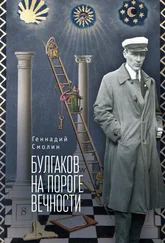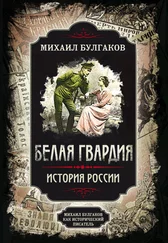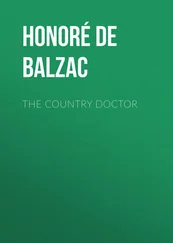As I matured, I grew more single-minded and sometimes even sullen. I dreamed of when my spell in that job would be over and I could return to the university town, where it would be easier to fight syphilis.
On one such gloomy day a very good-looking young woman came to my surgery at the hospital holding a swaddled baby in her arms. Two toddlers stumbled in after her, hindered by their oversized felt boots as they hung on to the blue skirt which flared out from under her sheepskin jacket.
‘The children have suddenly come out in a rash,’ the pink-cheeked woman said gravely.
Cautiously I touched the forehead of the little girl who was holding on to the skirt. She hid herself in its folds and vanished without trace. I fished out the fat-faced little boy from behind the other side of the skirt and felt him too. Both their foreheads felt quite normal.
‘Would you undress the baby, my dear?’
She unwrapped the baby girl. Her naked little body was spattered with a starry rash like the sky on a frosty night. It was covered from head to foot in roseola and oozing papules. Vanka, the little boy, suddenly struggled out of my grip and started to howl. Demyan Lukich came to help me.
‘It’s a chill, isn’t it?’ said the mother, looking at me with a serene expression.
‘A chill!’ Lukich growled and made a grimace of pity and disgust. ‘The whole damn district of Korobovo has caught this sort of chill.’
‘What’s it from?’ the mother asked while I inspected her mottled sides and chest.
‘Get dressed,’ I said.
Then I sat down at the desk, laid my head on my hand and yawned (she was one of the last that day; she was number ninety-eight). Then I said:
‘Both you, my dear, and your children are very, very ill. This is a dreadful, dangerous disease. You must start a very long course of treatment at once.’
What a pity that words are so inadequate to describe the incredulity in the woman’s bulging eyes. She turned the baby over like a log in her arms, stared dully at its legs and asked:
‘Where does it come from?’
And she gave a crooked grin.
‘That’s not the point,’ I replied, lighting my fiftieth cigarette that day. ‘You should be asking what will happen to your children if you don’t have them treated.’
‘Nothin’ at all, that’s what,’ she answered and started wrapping the baby in its swaddling clothes.
My watch lay on the table in front of me. As far as I remember, by the time I had been speaking for three minutes the woman burst into sobs. I was very glad of these tears, brought on by my intentionally cruel and frightening words, because it was only thanks to them that I was able to say what I said next:
‘So they’re staying. Demyan Lukich, put them in the annexe, please. I shall go to town tomorrow and get permission to open an in-patient section for syphilitics.’
The feldsher showed a lively interest:
‘But doctor—(he was a great sceptic)—how shall we manage on our own? What about the medicines? We can’t spare any nurses … and who’s going to do the cooking? Have you thought about the crockery, the syringes?’
But I shook my head obstinately and answered:
‘I’ll see to all that.’
A month passed.
The three rooms of the snow-covered annexe were lit by lamps with tin shades. The beds were made up with torn old sheets. There were only two syringes—a small one-gramme syringe and a five-gramme venereal one. In other words, it was pitiful, snowbound poverty. But one syringe was proudly kept separate—the instrument with which, inwardly dying of fear, I had already administered several difficult and unfamiliar injections of the new Salvarsan.
More than that: I was feeling much relieved, as seven men and five women were lying in the annexe, and each day their speckled rashes were melting before my eyes.
It was evening. Demyan Lukich was holding a small lamp and casting its light on the shy little boy, Vanka, whose mouth was smeared with semolina. But the boy no longer had a rash. It was balm to my conscience as all four of them passed under the lamp.
‘I think I’ll get myself discharged tomorrow,’ said the mother, tucking in her blouse.
‘No, you mustn’t go yet,’ I replied. ‘You must still have another course of injections.’
‘I won’t agree to it,’ she retorted. ‘I’ve got too much to do at home. Thank you for your help, but please discharge me tomorrow. We’re better now.’
Our conversation gradually became so heated that we both lost our tempers. It ended like this:
‘Do you know what you are?’ I said, feeling my face redden. ‘You’re a … fool!’
‘What sort of language is that? Do you always swear at your patients?’
‘You’re much worse than a fool! You’re not that, you’re a …! Take a look at your Vanka! Are you trying to kill him? Well, I’m not going to let you!’
She stayed another ten days.
Ten days! Wild horses could not have kept her longer. But believe me, my conscience was clear and I was not even worried about calling her a fool. I’m not sorry. What is swearing in comparison with the speckled rash!
Many years have passed since then. Fate and the turbulent years have put a long distance between me and the snow-covered annexe. What is happening there and who is there now? I am certain it has been improved. The building has probably been whitewashed and there are new sheets. There is no electricity, of course. It is just possible that as I write these lines a young head is bending over a patient’s chest. The yellow light from a kerosene lamp is shining on a yellow leg.
Greetings, dear colleague!
Now howls the blizzard like a wolf,
Now, child-like, whimpers, sobs and weeps.
ACCORDING TO THE OMNISCIENT AKSINYA, THE whole story began when a clerk called Palchikov, who lived in Shalometyevo, fell in love with the daughter of an agronomist. His was a flaming passion, which consumed the poor wretch’s heart. He drove into the nearby town of Grachyovka and ordered himself a suit. The effect was dazzling, and it may well be that the grey stripes of that clerk’s new trousers sealed the luckless man’s fate. The agronomist’s daughter agreed to become his wife.
I had acquired such fame after amputating the leg of the girl who fell into a flax-brake that I almost expired under the burden of my reputation. Every day a hundred peasants would drive up the sleigh track to attend my surgery. I stopped having lunch. Arithmetic is a cruel science: assuming that I spent no more than five minutes on each patient … five!… then five hundred minutes equals eight hours and twenty minutes—without a break, please note. Apart from that I had a ward for forty inpatients. And I also did operations.
In short, when I left the hospital at nine o’clock in the evening I had no desire to eat, drink or sleep. My only wish was for no one to call me out to a confinement. And in two weeks I was dragged out at night along that sleigh track five times.
A film of liquid clouded my eyes and a vertical fold, like a worm, appeared above the bridge of my nose. At night through a dim haze I dreamed of failed operations and exposed ribs, of my hands covered in human blood, and I would wake up in a cold sweat despite the heat from my tiled stove.
On my rounds I would march urgently round the ward, followed by a male and two female assistants. As I stopped at the bedside of a sick man, dripping with fever and wheezing miserably, I would force my brain to disgorge everything that was in it. My fingers would feel the hot, dry skin, I would examine his pupils, tap his ribs, listen to the deep-down, mysterious beat of the heart, all the while obsessed by one thought—how can I save him? And how can I save the next patient—and the next …?
Читать дальше
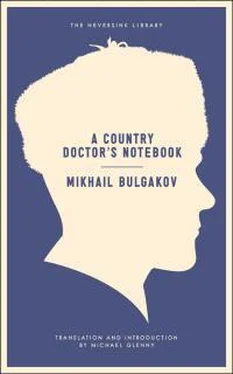
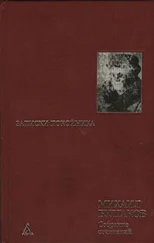
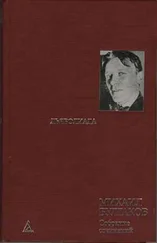
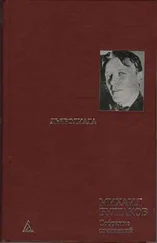
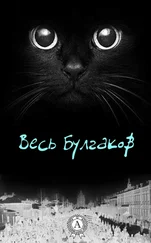
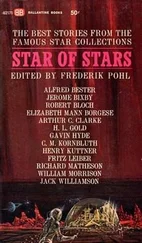
![Михаил Булгаков - Весь Булгаков [litres; сборник]](/books/400110/mihail-bulgakov-ves-bulgakov-litres-sbornik-thumb.webp)


